In Buddhism and Taoism, the cremation or burial of a deceased loved one marks not the conclusion but rather the continuation of the death ritual. It’s common for them to partake in prayer and offering ceremonies over 49 days after the passing of a family member. This 49-day ritual (做七) is known as “An Ling” (安灵) and “Ji Ling” (寄灵).
The Purpose and Meaning of An Ling (安灵) and Ji Ling (寄灵)
The importance of An Ling (安灵) and Ji Ling (寄灵) lies in their connection to the core beliefs of Buddhism and Taoism concerning reincarnation. Upon passing away, individuals enter an intermediate state between their previous and forthcoming lives. This transitional phase can span up to 49 days, during which families engage in prayer rituals to provide solace to the departed soul as it awaits rebirth.
Moreover, these prayers serve the purpose of aiding the deceased on their journey towards a new existence. They also serve as a demonstration of filial piety and respect from mourning descendants towards their departed elders. While An Ling (安灵) pertains to the 49-day ritual conducted at home, Ji Ling (寄灵) occurs within the confines of a temple, monastery, or columbarium.
First Seven Days (头七)
After the funeral rites have concluded, the next significant focus should be on observing the 49-day period following the passing of a loved one.
In ancient traditions, Buddhist and Taoist funeral ceremonies typically lasted for a full week, encompassing 7 days. However, due to practical considerations such as smaller family sizes leading to fewer available helpers, the duration of wakes has been condensed to a shorter span, typically lasting 3-5 days.
Historically, with less advanced medical knowledge, there was a prevalent fear of mistakenly diagnosing someone as dead. Thus, the tradition of holding wakes for 7 days arose to ensure that there was no possibility of premature burial or the resurrection of the deceased.
The first 7th day after the passing of a fellow Buddhist is particularly significant, as it is believed that the spirit of the departed returns home on this day. According to belief, when Buddhist believers pass away, they may not immediately realize it, and their spirits may linger in the earthly realm.
During this period, it is customary to illuminate the house to guide the spirit of the departed back home. However, it is advisable for you and your family to sleep during the 7th night to avoid encountering the spirit of the deceased. This precaution is taken to prevent any attachment that may cause the spirit to linger and not transition peacefully to the next realm.
Last Seven Days (“七七”、”满七”、“尾七”、”断七”、”圆七”)
The final days of the seventh week (“七七”、”满七”、“尾七”、”断七”、”圆七”) following the passing, which coincides with the 49th day, mark the departure of the departed spirit from our world.
At these significant junctures after the funeral, you can enlist our assistance in arranging for a respected monk to offer prayers and perform Buddhist ceremonies for the deceased. These rituals are thought to aid the departed in their transition to the afterlife. Additionally, offerings of fruits and food are made to honor the deceased during this time. Optionally, you may opt to burn symbolic paper money for the departed on these occasions.
Steps Involved in An Ling (安灵) & Ji Ling (寄灵)
To conduct the An Ling (安灵) ceremony at home, you will require the following items:
- The ancestral tablet (神主牌 / 祖先牌)
- A photograph of the deceased loved one
- A joss pot and joss sticks
- Refreshments and food
- A dedicated table for arranging all the items as mentioned above
Refreshments, food, and joss sticks should be offered daily throughout the 49 days. Additionally, prayers should be recited on the 7th (头七), 21st (三七), 35th (五七), and 49th days (“七七”、”满七”、“尾七”、”断七”、”圆七”). It’s worth noting that the specific dates for prayers may vary for Taoists depending on the family’s dialect.
For Ji Ling (寄灵) ceremonies, which typically take place in a temple, monastery, or columbarium of choice, the monks, priests, or caretakers will handle the offerings and recitations on behalf of the family.
How Funeral Company Can Help With 49 Days After Death (做七), An Ling (安灵), And Ji Ling (寄灵)
The process of calculating prayer dates can often be complex. At Memorial Funeral, we can alleviate this burden for you and your family. We provide a comprehensive list of significant dates, ensuring that no prayer sessions are overlooked. Additionally, our team includes experienced monks and priests who can conduct prayers for your loved one.
For further information regarding 49 Days After Death (做七) For Buddhism & Taoism or An Ling (安灵) and Ji Ling (寄灵), please contact us at +65 8866 3326 or via our Contact Us page, and we will promptly respond with the details you require.
Or check out our website’s blog pages for more information related to funerals and customs in Singapore.


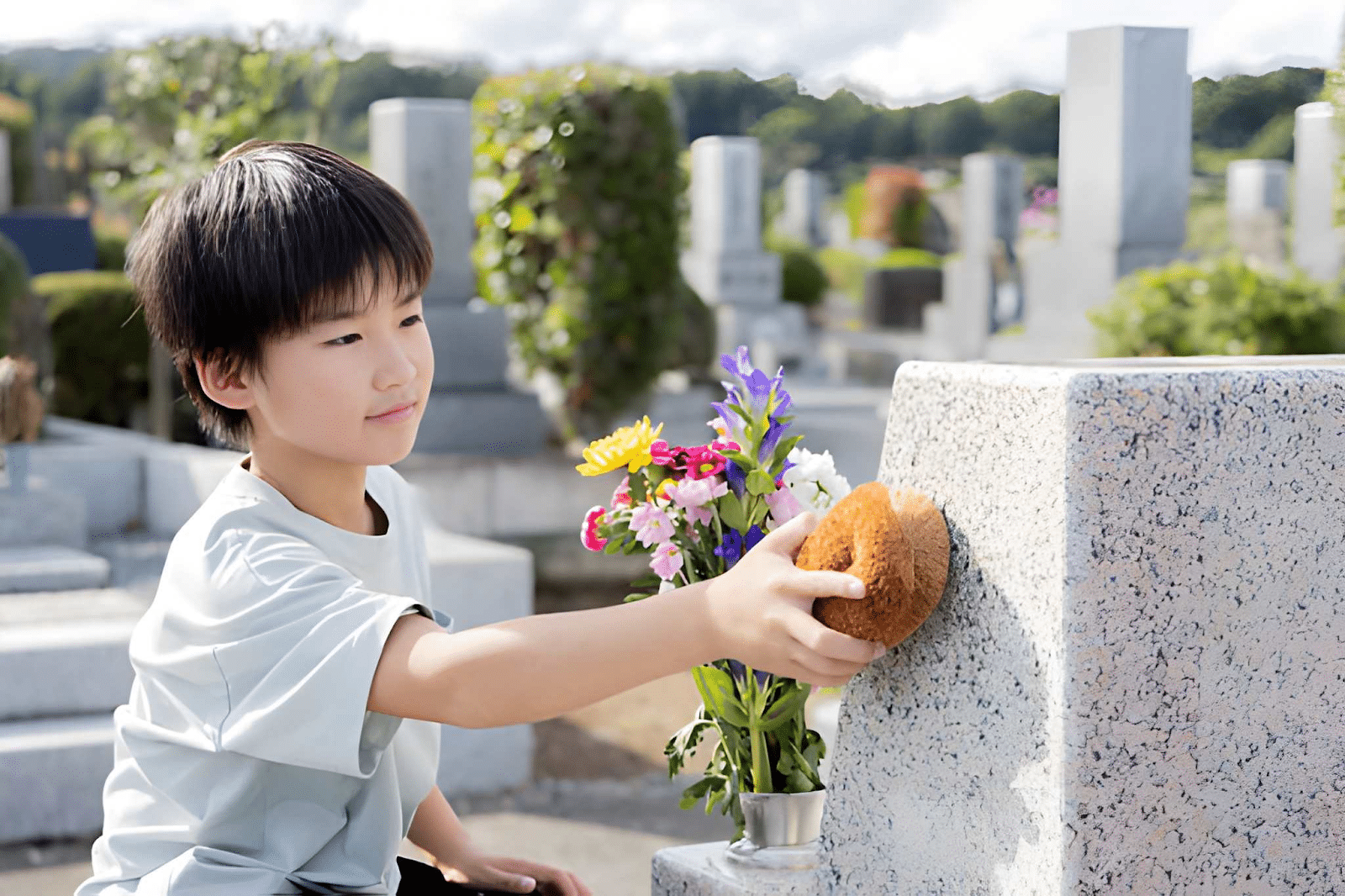
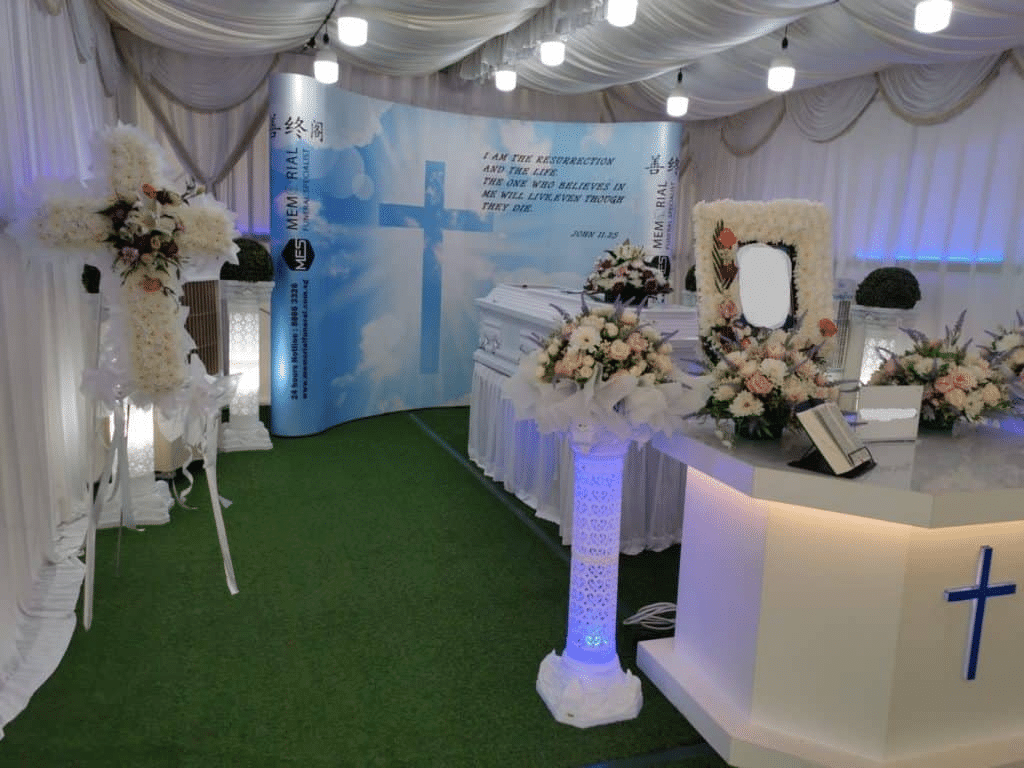
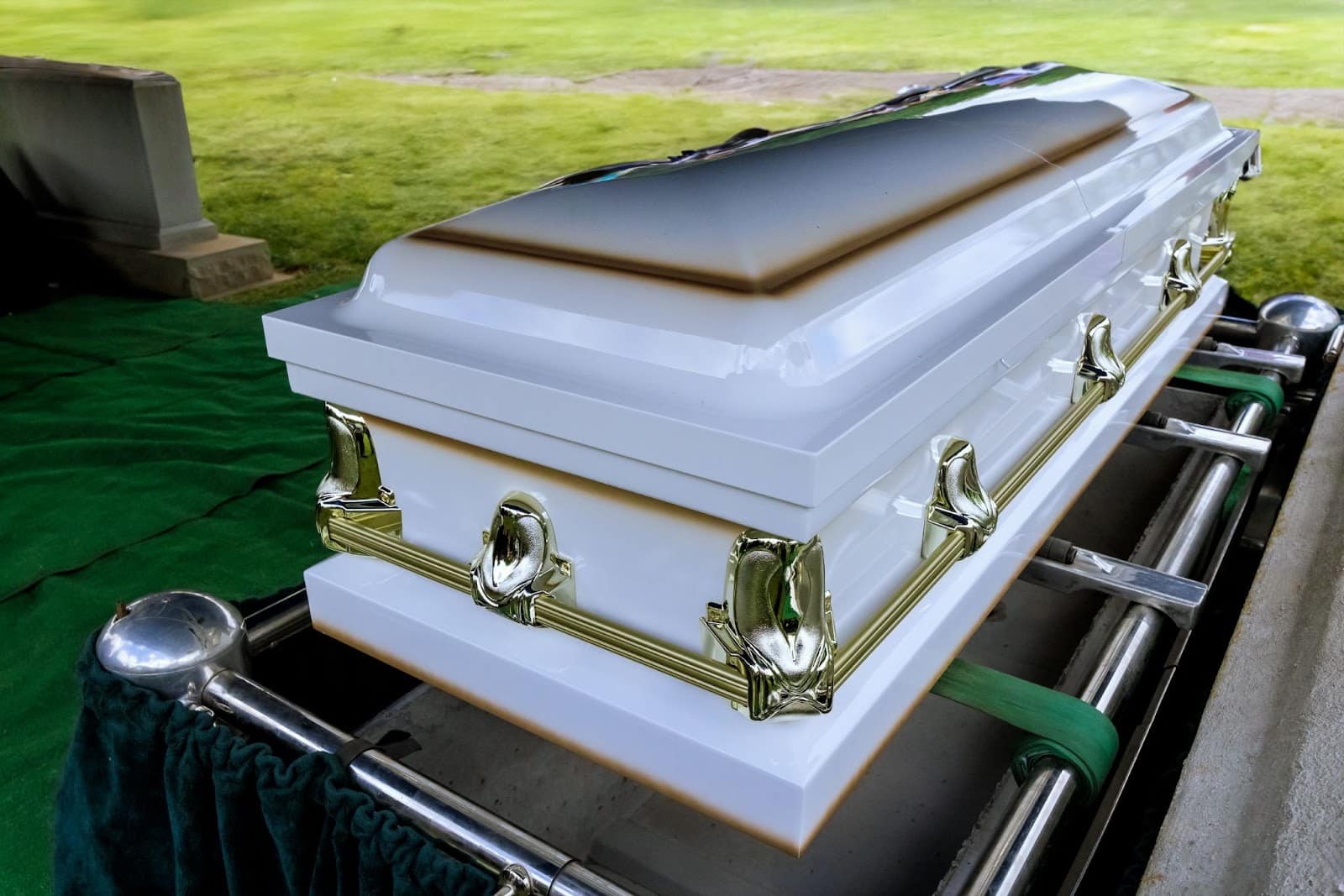

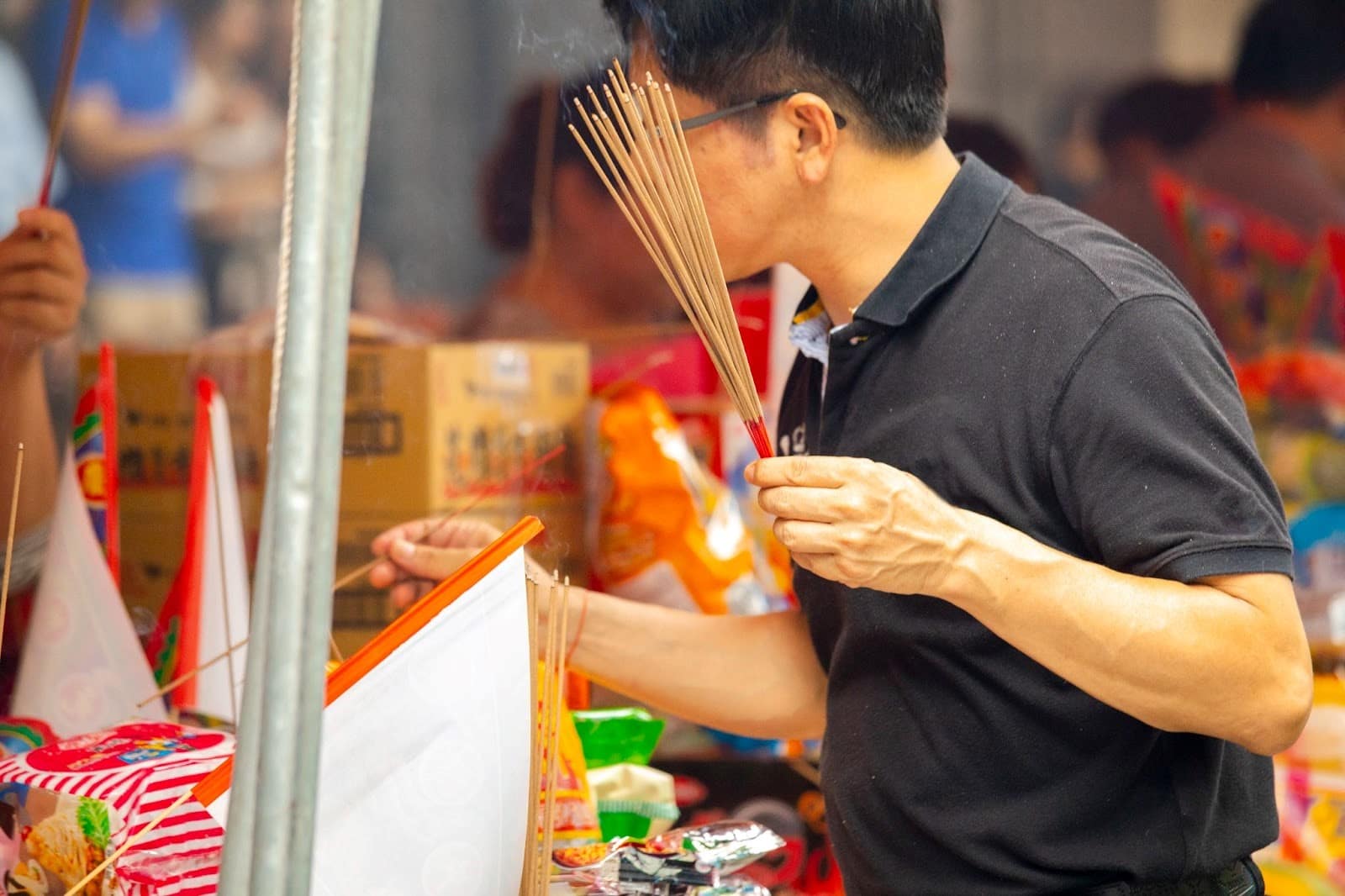
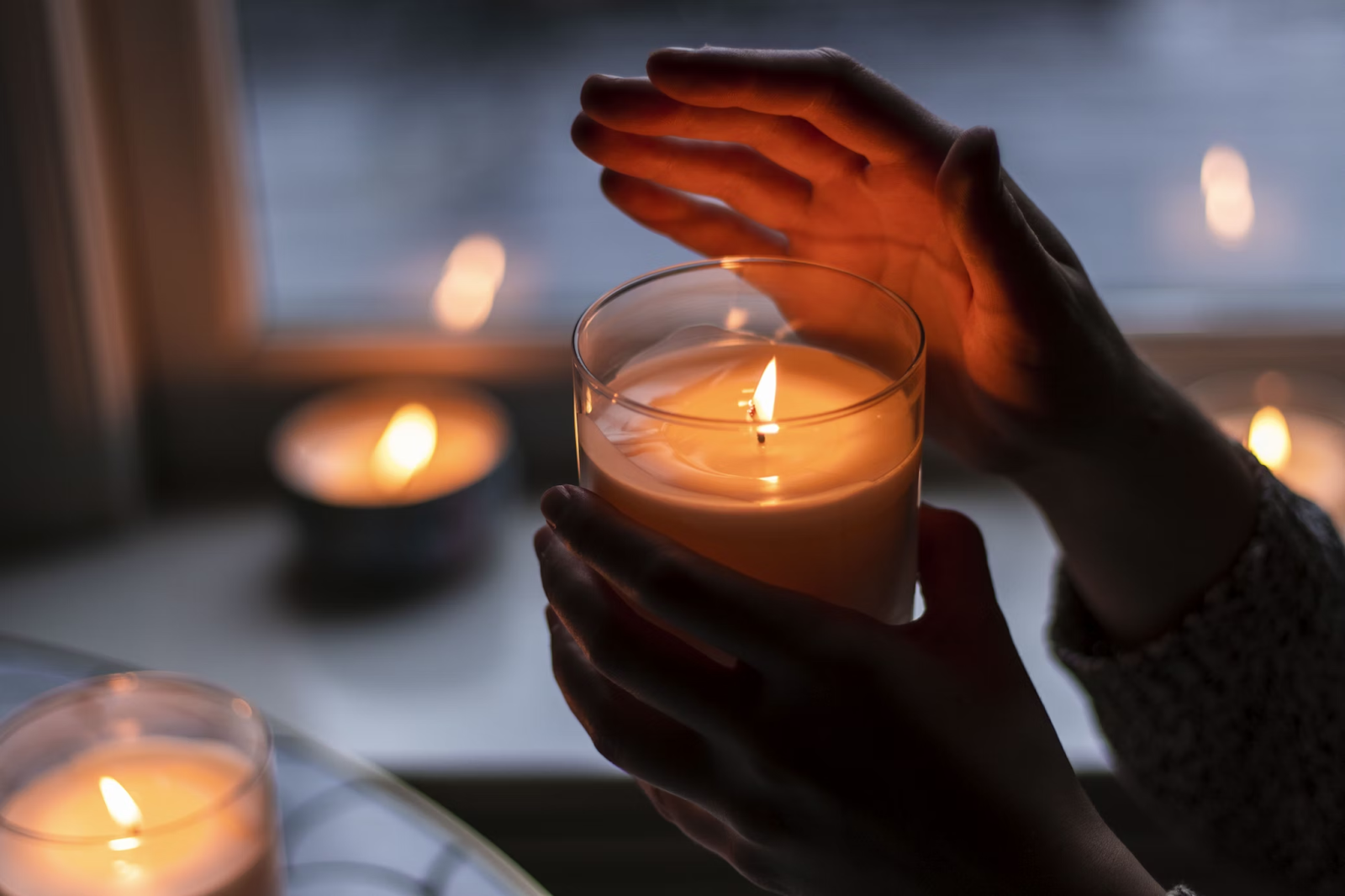


Dereck
This website is unbelievable. The radiant material shows the creator’s enthusiasm. I’m dumbfounded and envision more such astonishing entries.
health massive
This website is amazing. The excellent content demonstrates the creator’s passion. I’m in disbelief and hope to see more of this incredible content.
Spencil Chen
I was told for Cantonese families, they can end the mourning on the 21st day. Is this true and why?
admin
Yes, that’s correct. In Cantonese culture, mourning typically lasts for 49 days, but there is a significant ritual on the 21st day called “放魂” or “放魄”, which marks the release of the soul of the deceased.
The belief is that the soul of the departed wanders for 21 days, and on the 21st day, it returns home. Family members burn incense, offer food, and perform rituals to guide the soul back home. After this ritual, many families consider the mourning period to be officially over.
However, it’s important to note that mourning customs can vary slightly depending on individual families and their specific beliefs and practices.